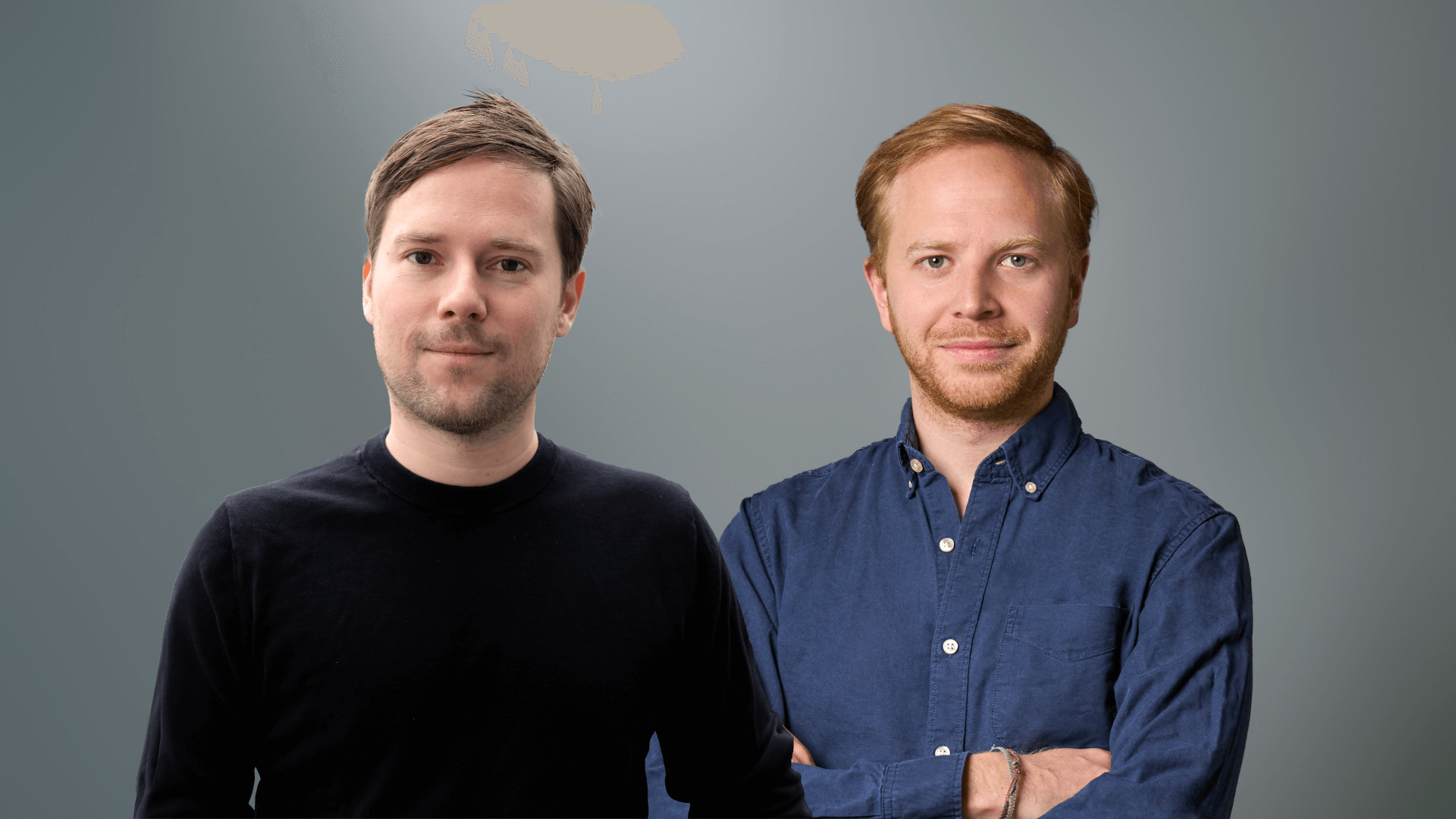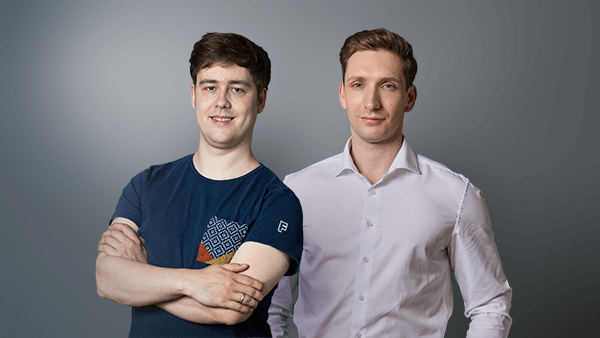Interview with Kenza Ait Si Abbou: emotional AI can read humans – even better than we can
Could machines soon be capable of understanding us better than other people? There’s a good chance they will, believes Kenza Ait Si Abbou Lyadini. Here in Germany, the engineer is one of the most well-known experts in artificial intelligence, or AI for short. In her latest book “Menschenversteher” (Understanding humans), she explores the development of emotional AI. We sat down for a chat shortly before her keynote speech at the HTGF Family Day in May. In the interview, we talked about AI as a personal companion, the key role played by start-ups and tech corporations in AI development and the responsibility they hold, as well as the future of human–machine interaction.
Kenza, can you tell us what you mean by emotional AI?
Emotional AI refers to the ability of a machine to recognise and analyse human emotions. So, it’s not about the machines having emotions, which they don’t. Instead, it’s about them being able to read people and, to a certain extent, imitate them.

Your latest book is called “Menschenversteher”. Are machines starting to understand us, like the title suggests?
That is indeed the bold theory that I’m setting out. Consider the latest developments in AI: For the first time we have a “species” – if that’s a term we can use here – that can understand and read humans. You might even say that it can do so better than us.
How so?
Human–machine interaction continues to make big strides. People are beginning to have serious conversations with AI, sharing intimate secrets and talking about their childhood. That’s because we trust it. Because we know that it won’t tell anyone else. For me, that’s a huge development, as the machine is getting ready to fill a gap. People are finding less and less time for each other. We’re busy. You could even say that we’re finding it harder and harder to find the energy and drive to take on other people’s problems. That’s where AI comes in. There is a growing number of applications focused on closing this gap and engaging in deep, emotional conversations with people, and helping them. All of a sudden, algorithms are starting to read us and make us feel like they understand us. The machine appears to be empathetic – but it’s all just a simulation.
Is that a good or bad thing?
I don’t think we’re able to answer that question just yet. It’s too early to say. But things are changing, that’s for sure. We need to keep a close eye on it all and make sure science is able to keep pace with developments. Social research is particularly necessary.
Lots of people are scared about powerful AI possessing a consciousness. Will that happen?
Not with today’s knowledge. But it’s too early to predict how the technology will develop in the coming decades.
Can you understand their concerns?
I can. The latest developments can certainly cause fear. After all, humans are involved. And in the past, we’ve repeatedly seen that they don’t always have the best intentions. But I don’t think people need to fear the technology itself.
How well can the machines already read and understand us?
We’re still right at the beginning. We are seeing the first commercial applications. Take chatbots and conversational AI, for instance. And emotional AI solutions are already being used in market research. For example, to test how effective ads are. The people taking part are no longer asked questions – instead, a computer can read their emotions based on how their bodies react.
What do you think about generative AI like ChatGPT?
The big thing here is that the applications have now entered the consumer space. The technology has been around for years, even though if you ask me, it’s not yet mature enough for widespread application. Other factors like further increasing output quality and, above all, incredibly widespread availability are also adding to the hype. It’s no surprise that this is also causing people and the way we work to change. Take the creative industry, for instance. To keep up with ever-tighter deadlines from customers, many are reliant on generative AI for support.
What do these developments mean for the start-up industry? Where do the opportunities lie? And what are the challenges?
The opportunities lie in using AI as a tool. AI allows us to speed up processes and work more efficiently. But also to develop new ideas. We can see this quite clearly among the start-ups that leverage generative AI to develop new products and business models. As for the risks, I think they lie in the technology being used carelessly. Amid fierce digital competition, the technology sometimes gets used too soon. Problems like algorithmic bias and privacy issues only become clear afterwards. Too great a focus on profit speeds up the whole thing. Especially in the beginning, start-ups need to completely focus on their business – but they definitely need to be aware of the power of AI as a tool and act responsibly.
Are start-ups driving AI developments?
They are a driving force, yes, but you can’t underestimate the work that the tech giants are putting in. They are conducting the basic research, and creating the technological basis. What start-ups do really well is building specialised products on these foundations. They know the individual environments really well and can respond to special customer needs at great speed, both in B2B and B2C settings.
We’re here at the Family Day, with roughly 1,000 people taking part. So more human-to-human interaction than machine-to-machine. How important are events like this?
They’re very important, especially because such an event held in person allows people to engage in emotional dialogue. Emotions control everything. They influence our decisions – including in a business context. Using these emotions intelligently enables us to make better decisions.


